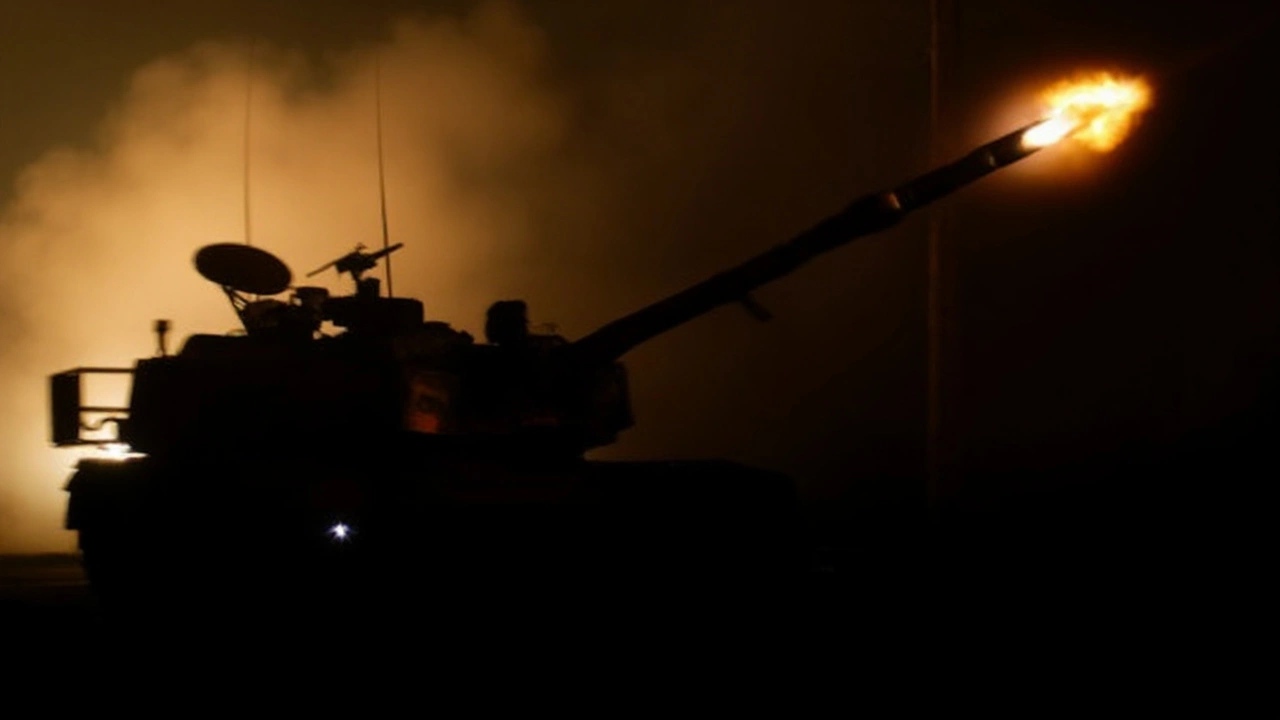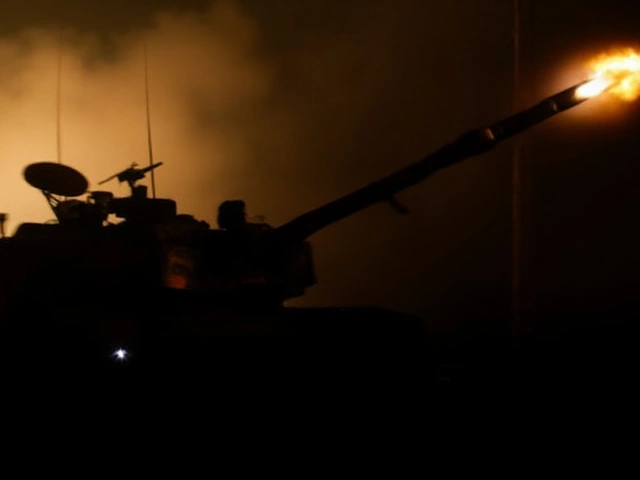Jordan’s Balancing Act: Navigating the Israel-Hamas War Amid Domestic Unrest and Regional Alliances

Jordan’s Delicate Tightrope: Security Needs and Public Demands
If you think Jordan’s just a bystander in the Israel-Hamas war, think again. The kingdom is right in the crosshairs, both geographically and politically. Direct fallout landed quickly and hard. Israeli artillery mistakenly struck a Jordanian field hospital inside Gaza—an embarrassing incident that stirred outrage at home. Then, Iranian-backed militants attacked a U.S. base on Jordanian soil in January 2024, killing three American soldiers. It’s not just words—Jordan’s getting hit from all angles.
After October 7, 2023, street protests erupted across Amman and other cities. Chants echoed for stronger action in solidarity with Palestinians. It wasn’t just grassroot activism; Hamas leaders like Khaled Meshaal openly urged Jordanians to support the Palestinian cause and push their government to act tougher. People want more than statements; they want clear signs that the government stands with Gaza. But that’s easier said than done in the middle of such a tense neighborhood.
Despite all this, Jordan’s government isn’t just waving protest signs. Behind closed doors, Amman’s intelligence services quietly ramped up cooperation with Israel and its Western allies. The big fear? Iran gaining more ground or Hamas getting stronger. When Iran fired a wave of missiles toward Israel in April 2024, Jordan’s air defenses, alongside U.S. and French forces, sprang into action to help intercept them. Safe to say, these moves aren’t making headlines on official TV.
The line between public outrage and backroom deals is razor-thin. Take Foreign Minister Ayman Safadi: in global forums, he boldly accused Israel of committing “war crimes.” King Abdullah II, meanwhile, fiercely shot down any suggestions of resettling Palestinians in Jordan—a red line for most Jordanians, who already live alongside a large Palestinian-origin community. Yet, intelligence-sharing with Israel goes on out of sight.
Economic Squeeze and Tough Choices at Home
Economic and diplomatic headaches are piling up too. The UAE-brokered deal that would’ve swapped Jordanian solar energy for Israeli water got axed in November 2023. Pro-Palestine protests pressured the government to pull out, showing how foreign policy decisions get shaped by people on the street.
Border security stays top of mind for officials. Despite political noise, trade trucks keep rolling through border crossings, and agricultural deals are still on. This routine cooperation sometimes rubs angry citizens the wrong way, but the government gambles that keeping borders steady is less risky than letting things spiral out of control.
Amid the shouting, Jordan doesn’t want to be boxed in. The kingdom tries to act as a mediator when possible but makes sure no one mistakes its diplomatic overtures for weakness. The region’s instability is squeezing its fragile economy and testing loyalty from old partners. With Israeli-Palestinian violence boiling over and Iranian rockets in the mix, Amman’s balancing act grows more difficult every day.
Jordan’s strategy isn’t about picking easy sides. It’s about survival, with officials walking a narrow rope between showing public outrage and protecting national interests in one of the world’s toughest neighborhoods. As the Israel-Hamas war drags on and public frustration simmers, Jordan’s next moves will say a lot about where the region goes from here.
